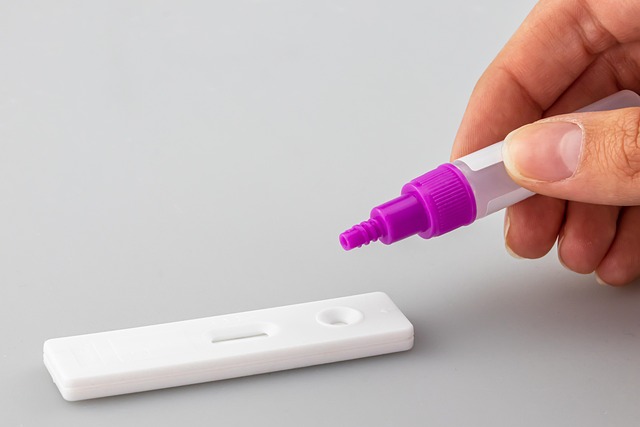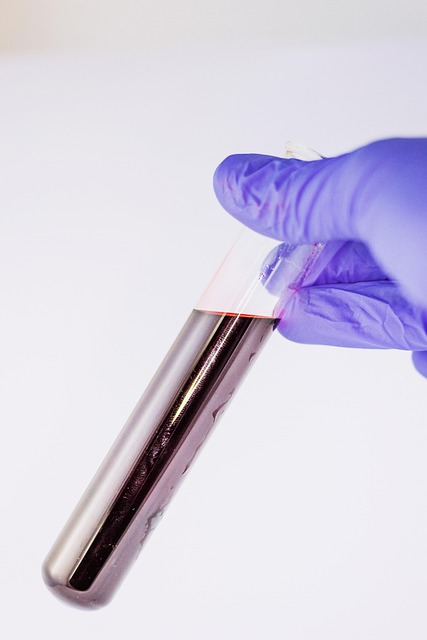In Texas, where older industrial buildings are prevalent, choosing between DIY asbestos test kits and professional services is vital for safety. While DIY kits provide accessibility and cost savings, they often lack the accuracy required by law due to limited sampling. Professional testers use advanced methods like bulk sampling and laboratory analysis to ensure compliance with stringent Texas regulations, identify hidden asbestos sources, and mitigate risks, making their expertise crucial for comprehensive risk assessments and remediation planning.
Asbestos, a once-prevalent building material, poses significant health risks if not managed properly. In Texas, understanding and adhering to asbestos regulations is crucial for industrial sites to ensure worker safety. This article guides you through the intricacies of asbestos testing, comparing DIY test kits to professional assessments. Learn about the benefits and drawbacks of each approach, and discover when expert intervention is necessary for comprehensive industrial site assessments in Texas, especially when navigating complex asbestos exposure scenarios.
- Understanding Asbestos: The Dangers and Regulations in Texas
- DIY vs Professional: A Comprehensive Comparison of Test Kits
- When to Call in the Experts: Industrial Site Assessment Best Practices
Understanding Asbestos: The Dangers and Regulations in Texas

Asbestos, a once-prevalent building material known for its durability and insulation properties, poses significant health risks when disturbed or inhaled. In Texas, as in many places, it remains a critical concern, especially in industrial settings. The dangers of asbestos exposure are well-documented, including various forms of cancer, such as mesothelioma, lung cancer, and asbestosis. This has led to stringent regulations governing its handling, removal, and testing, particularly in commercial and industrial sites.
When it comes to assessing asbestos presence, there’s a debate between DIY test kits and professional services. While DIY kits offer accessibility and affordability, they may not provide the accuracy and depth of analysis required by Texas law for comprehensive assessments. Professional asbestos testers, on the other hand, employ advanced techniques like bulk sampling and specialized laboratory testing, ensuring compliance with regulatory standards. These professionals are crucial in identifying hidden asbestos sources, which can be particularly important in older industrial buildings where renovation or demolition activities may release hazardous fibers into the air.
DIY vs Professional: A Comprehensive Comparison of Test Kits

When it comes to asbestos testing, there are two primary options: DIY test kits and professional assessments. While DIY kits offer a cost-effective and seemingly straightforward solution for Texas property owners or businesses, they often lack the accuracy and depth of professional testing. These at-home tests typically rely on visual inspection and limited sampling, which can lead to false negatives. Asbestos is a serious health hazard, and improper handling or missing microscopic fibers can result in severe consequences.
Professional asbestos assessors, on the other hand, employ advanced techniques like bulk and air sampling, along with rigorous laboratory analysis. They are trained to identify various types of asbestos and understand their potential risks. In Texas, where industrial sites and older buildings are prevalent, professional testing is often mandated by law. This comprehensive approach ensures a thorough assessment, providing peace of mind and adherence to safety regulations.
When to Call in the Experts: Industrial Site Assessment Best Practices

When it comes to industrial site assessments, knowing when to call in the experts is paramount for ensuring safety and compliance. While DIY asbestos test kits are readily available and may seem like an appealing option for cost-conscious individuals or small-scale projects, they often lack the precision and depth of professional testing services offered by specialized companies in Texas. These kits might provide preliminary indicators but can produce false positives or negatives due to user error or the complex nature of asbestos fibers.
For larger industrial sites or situations where potential asbestos exposure is significant, professional testing is indispensable. Experts employ advanced techniques like air sampling and bulk sampling, coupled with rigorous quality assurance protocols, to deliver accurate results. They also possess the expertise to identify hidden asbestos sources, which DIY kits might miss, making them essential for comprehensive risk assessments and effective remediation planning.
In Texas, navigating asbestos safety requires a balanced approach. While DIY asbestos test kits offer accessibility and cost-effectiveness for minor projects, they may not provide the depth of analysis needed for industrial sites due to potential health risks and regulatory complexities. Professional industrial site assessments, on the other hand, ensure comprehensive sampling, data interpretation, and compliance with Texas regulations. For large-scale or high-risk operations, enlisting experts is crucial for a thorough understanding of asbestos hazards and implementing effective mitigation strategies.
